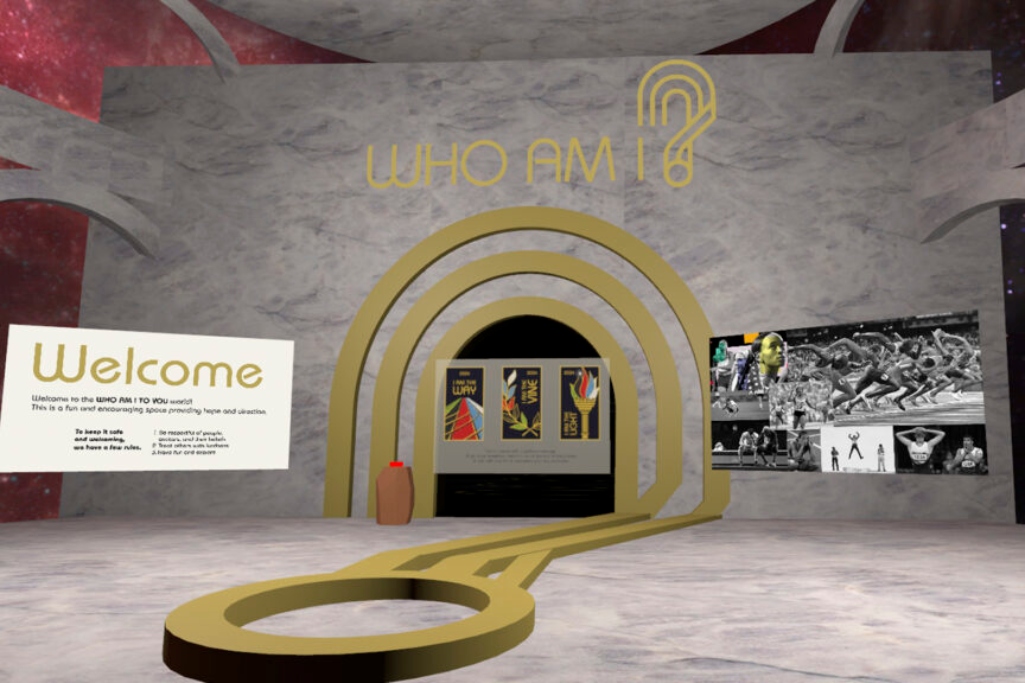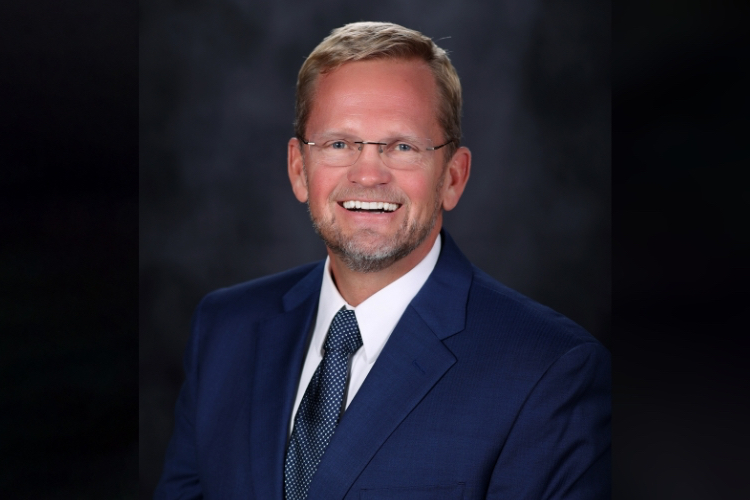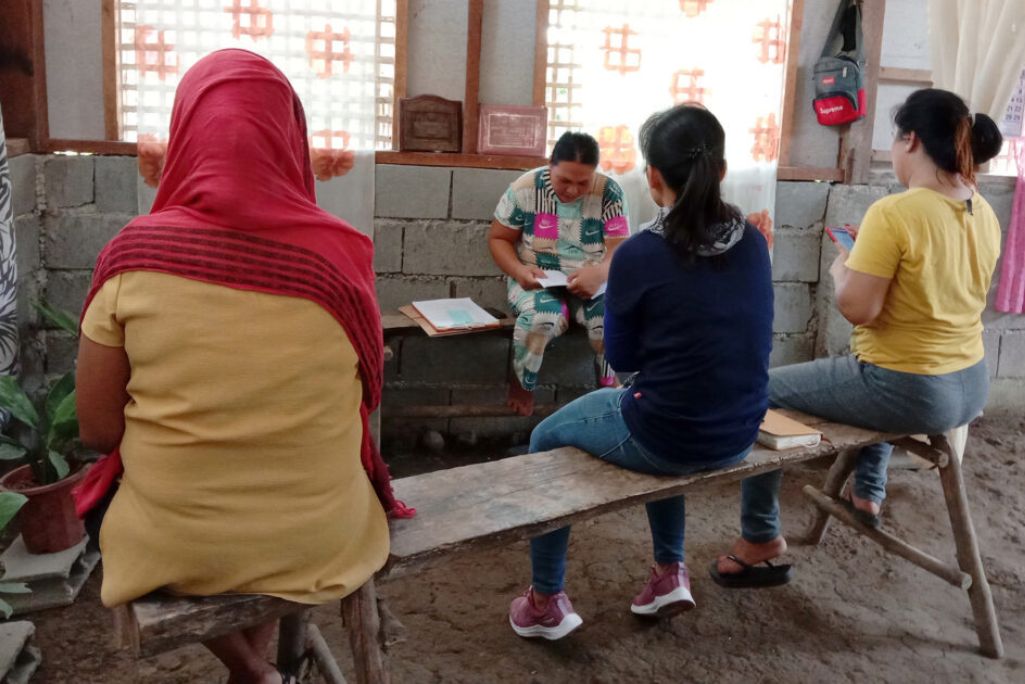
PARIS (BP) — You are in France for the Olympics and see someone handing out free water bottles. It’s hot, and you’re thirsty, so you take one, but don’t stop to talk. On the bottle you notice a QR code. Later, when you get home, out of curiosity, you scan the QR code on your phone, and it takes you to a website that asks, “Who Am I?”
You see an option for a virtual reality (VR) experience and put on your headset. A couple clicks later, and you find yourself standing in a wide, deep room in the virtual world. You look up and see thousands of tiny, sparkling stars shining down through large windows. A floating screen tells you this is a place with a spiritual message.
Another click, and you see posters of Olympic athletes set up at intervals along a hallway. The photos display various emotions athletes experience. Struggle and celebration, victory and pain. As you walk down the hall, the posters transition to images of ordinary people illuminating life moments of heartbreak or joy.
As you reach the end, you see two doors. Above them hangs the question, “Who Am I?” One door displays the image of someone who looks defeated and the other an image of someone celebrating. Which door will you choose? Which person are you?
You choose celebration and find yourself transported to a world with pristine white sands and crystal skies. In the distance across an expanse of blue water, there’s an island filled with palm trees, and you can hear music and people laughing. You see there is a party, but as you hurry toward the island, suddenly you drop. Down, down, into a dark, damp tunnel. Life is full of ups and downs. In the distance, you think you may see light. You start your journey, moving toward the light.
This summer, the International Mission Board (IMB) is using virtual reality to complement the European affinity’s digital engagement strategy for the 2024 Olympics in Paris. Virtual reality is an immersive medium offering unique ways to engage ideas and stories in a highly social context.
“Every medium offers something unique that if you press into that, you will find new opportunities,” said Bryson Holtson, a member of the International Mission Board’s MXLabs — a globally-focused innovation team — that created the virtual reality world in partnership with the European affinity digital engagement team.
The experience culminates on a beautiful, serene island moving from a question of identity to the question of who Christ is. As many people in the world today grapple with their identity, this question connects their longing to the “I Am” statements of Jesus. At the end of the journey, participants can watch a gospel presentation in one of several different languages.
“It’s about who He is, so we are working toward Jesus in this,” Holtson said about the interactive journey through light and dark, difficult and calm, leading to a deeper understanding of the unconditional love of God.
This is the first ever virtual world IMB has created. Holtson explained there are still questions to answer about connecting virtual reality to missions. Like, what benefits does it offer? What are the opportunities? Are people interested in this? What sorts of people would come? Would they understand the message?
Holtson said his team is testing what it means “to connect virtual reality to a traditional missionary task strategy. What could it bring and how can we interpret a typical engagement theme and message and approach to a whole new medium like virtual reality?”
Virtual reality worlds also function as a social space where people connect and talk to one another. Holtson emphasized that VR is a space where many people in the world are living out their lives and finding their community.
As the IMB labors to reach people everywhere with the good news, Holtson believes new, immersive technologies and digital spaces are the next frontier for bringing the gospel to the nations.
“I want Southern Baptists to understand that the IMB is looking at these things,” Holtson said. “We have to figure out how traditional missions and the missionary task can be expressed through new mediums like virtual reality.”
During the Olympics outreach this year, Holtson’s team will begin to explore just that.
IMB’s virtual world is hosted in the VRChat app. Holtson explained that the more people visit the world, the more it will increase visibility for others to find it, and hopefully, hear the gospel.
“We would love for anybody to come, any Southern Baptist that has a VR headset or PC,” Holtson said. “So, if non-believers come, hopefully there will be believers here that could start a conversation with them.”
(EDITOR’S NOTE — For more information on how to access IMB’s virtual world, visit whoamitoyou.com/vr-experience.)


